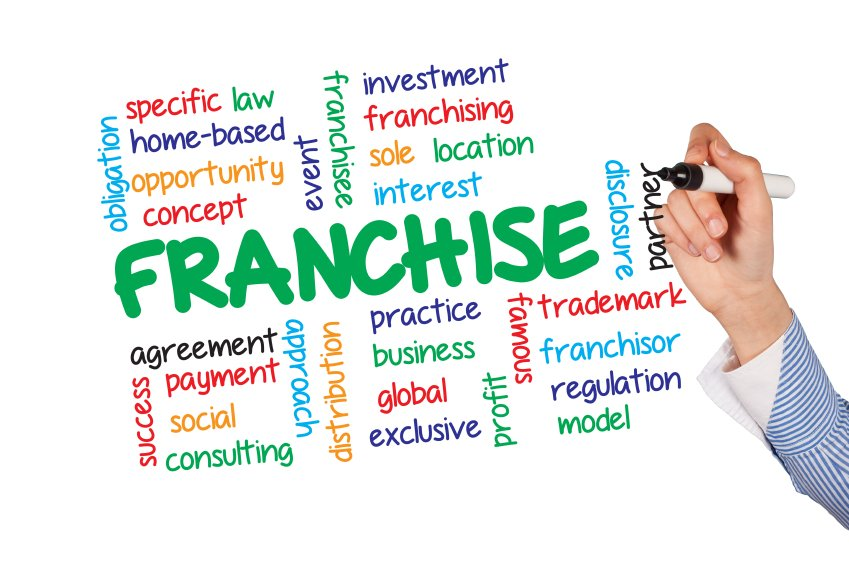Franchising is a great way to grow your business, gain access to resources you don’t have on your own, and share the opportunities of your business with others. It’s a win-win-win situation! However, not every business is a good fit for franchising and you shouldn’t go into it lightly. If you’re considering taking this step but haven’t done any research
about how to franchise my business yet (or at least read up on what it takes)

This guide will help walk you through what franchising entails so that when the time comes for making the decision, you’ll be prepared with information about how to move forward.
Understanding the Basics of Franchising
You’ve probably heard of franchising, but what is it? And how to franchise your business? The concept isn’t new; it’s been around since the early 20th century. Franchising is essentially a way of doing business that allows you to grow your business by expanding its reach and establishing yourself as an expert in your field. Franchising can be an effective way for startups or small businesses with limited resources to expand their reach without having to invest in brick-and-mortar operations themselves. It also offers an opportunity for prospective franchisees who want a low-risk way into owning their own business without having to start from scratch or come up with their own marketing plan–all they need is an idea!
Identifying the Key Elements of Your Business Model
A business model is a way in which a company creates, delivers, and captures value. It’s a set of interrelated elements that include your products or services; how you deliver them; pricing; marketing strategy; sales channels; customer relationships; financing arrangements; and organizational structure. The key elements of your business model are those factors that determine how much money comes into the company (revenue) and where it goes out (costs). The more clearly you can identify these elements–and understand how they interact with each other–the better positioned you’ll be when making decisions about growing your franchise system.
Developing a Comprehensive Franchise System
To franchise your business, you must develop a comprehensive franchise system that includes marketing, training, operations, and support. The franchise system is the framework for your franchisees to follow in order to operate their businesses successfully. It includes everything from how they should present themselves to their customers (branding) to how they should run their day-to-day operations (operations). Your goal is to create a clear path for them so they won’t have any questions about how things should be done at each step along the way–and ultimately result in increased sales growth for both parties involved.
Finding the Right Franchisees for Your Business
- Know your target market. Think about the type of person you want to be a franchisee, and what that person needs from the business. For example, if your company is an accounting firm, then you might look for someone who has experience in finance or accounting.
- Know your franchisees’ needs. Once you’ve identified potential candidates by considering their skills and financial status, take time to get to know them personally–you’ll have a better chance at finding someone who shares the same values as yourself if they’re willing to invest in your company.
Conclusion
We hope this article has helped you understand the basics of franchising and how to get started. If you’re interested in learning more about how to franchise your business, we recommend contacting professionals today.
